Paddling with a purpose
Volunteer kayakers survey Puget Sound and British Columbia for invasive grasses.
From the Summer 2010 issue of Wavelength Magazine. Read the entire magazine online.
by Rachel Benbrook
Along the beaches and bays of North Puget Sound a special group of sea kayakers is navigating local waters to gather valuable data in a program helping to building connections between scientists and citizens.
The end result is helping researchers tap into a vast and knowledgeable volunteer base. Consider it citizen science for kayakers: the Seattle-based non-profit environmental organization People For Puget Sound has been working with volunteer sea kayakers since 2007 by training paddlers to conduct shoreline surveys for non-native Spartina grasses. These invasive grasses have spread steadily all over the Pacific Northwest over the last half a century and have been found locally throughout Puget Sound and into British Columbia.
There are four species of invasive Spartina found in Washington State. Spartina anglica, English cord-grass, is by far the most prevalent in Puget Sound, where it was introduced in the 1960s for dike stabilization. It aggressively displaces native vegetation, disrupts shorebird and foraging areas for juvenile salmon, and impacts shellfish habitat. Spartina grows in a variety of tide-influenced locations, such as mudflats, salt marshes and sand or cobble beaches. The seeds are known to be dispersed widely by the active currents of Puget Sound. Washington state has spent millions in the quest of eradication, and after over a decade of aggressive treatment all major Spartina infestations have been controlled. At this point, surveys are of critical importance to ensure that all potential seed sources for re-infestation are located and eliminated.
This is where People For Puget Sound’s network of volunteer sea kayakers are helping. Volunteer kayakers have made a significant contribution to the statewide effort to eradicate this dangerous invasive weed from the beaches, bays and salt marshes of North Puget Sound. Trained citizen scientists participating in People For Puget Sound’s Spartina Survey Program have surveyed 319 kilometres of shoreline across four counties, and have identified almost 450 square metres of Spartina, much of it previously unknown. Volunteers use GPS units to record where they surveyed and the location of any Spartina they find. Program staff then process and map the data and share it with state and local Spartina controllers. Approximately 95 percent of the Spartina located by volunteer kayakers has been successfully treated and is no longer a threat to the marine environment.
Since 2007, People For Puget Sound has trained over 75 volunteer kayakers who have contributed almost 800 hours of their time to attend trainings and get out on the water in search of Spartina.
“I love kayaking and I love doing good work in the world,” says Mira Jean Steinbrecher, a survey volunteer since 2008. “Hunting the dreaded Spartina grass gives me the opportunity to do both at the same time. It’s also great to get out on the water with people I don’t know well, to make new connections, [and] to find fellow paddlers. It’s a kind of networking and fellowship that makes my world a bigger and a better place.”
Spartina surveys also get paddlers out into waters they might not otherwise choose to explore. Shorelines are selected for survey at the beginning of the year based on input from state and local Spartina controllers, and volunteers are asked to paddle some of these priority shorelines in their area. Kathleen Murphy, a volunteer who has surveyed over 50 miles, appreciates how surveying gets you out on waters and along shores that are not your usual destination. “This kind of paddling, in marinas and along city shores, is unique and beautiful in its own way – an unexpected delight.”
Others appreciate the pace and focus of surveying. “For those paddlers who like to savor the nooks and crannies of our waterways, this is a perfect activity,” says volunteer Jeanine Prichard.
Volunteers are needed for 2010 to help with Spartina surveys in the Puget Sound region and even in British Columbia, where all four invasive Spartina species are known to occur. Unfortunately there is little government funding to deal with eradication, so the BC Spartina Working Group, a consortium of regional conservation groups, has stepped in to fill the void. Little is known about the extent of the infestation in BC, and more surveys are desperately needed.
Training sessions for interested sea kayakers will be scheduled by both the People For Puget Sound and the BC Spartina Working Group. It’s a chance to use time on the water to paddle with a purpose: to protect and restore the beautiful shorelines of Puget Sound and the B.C. Coast.
Rachel Benbrook is the Spartina Survey Program Coordinator with People For Puget Sound. She has been recruiting and training volunteer kayakers to conduct surveys since 2008, and has personally paddled over 100 miles in search of Spartina grass. She lives on Guemes Island outside of Anacortes, WA.

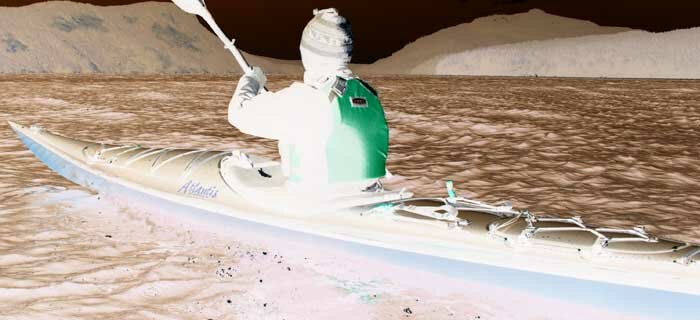
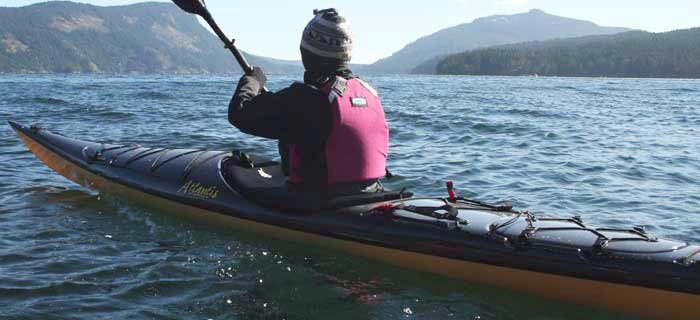
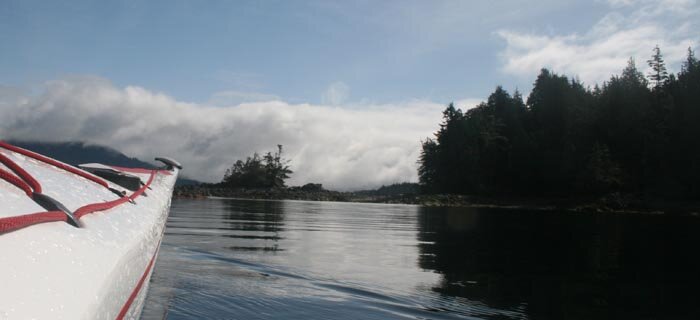
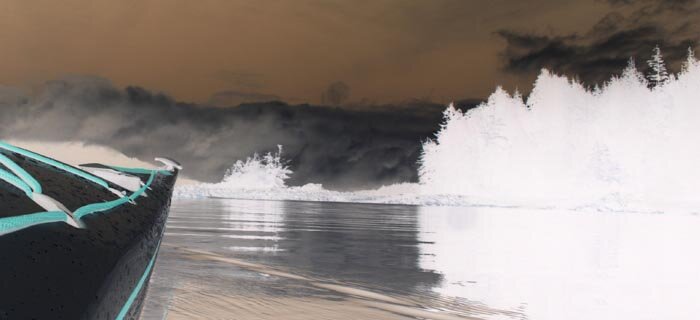
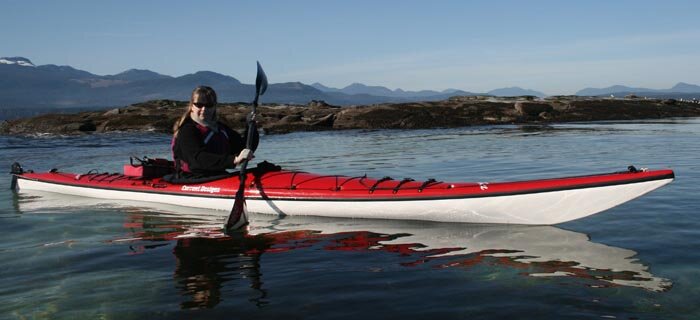


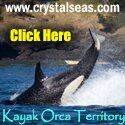
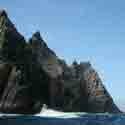













 This site uses valid HTML, CSS and Flash. All content Copyright © 2010 Wild Coast Publishing.
This site uses valid HTML, CSS and Flash. All content Copyright © 2010 Wild Coast Publishing.